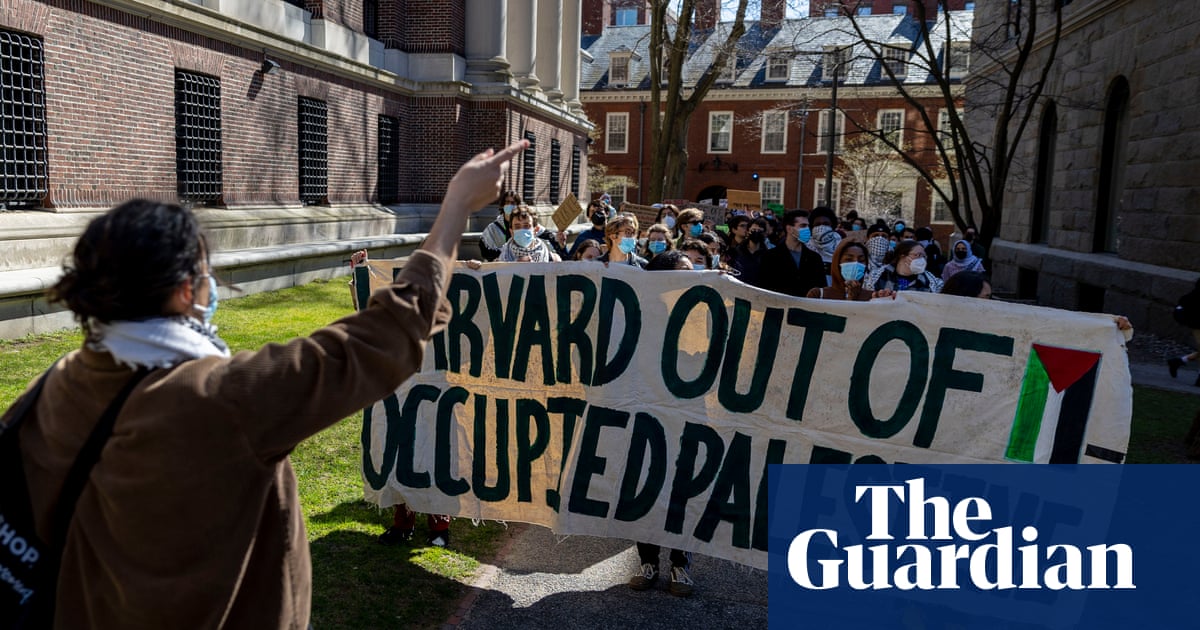Charities and politicians have welcomed a Home Office trial that will doublethe number of days refugees have to find a home before being evicted from asylum accommodation.
The government has faced persistent calls to increase the move-on period, the amount of time people granted the right to remain in the UK are given to find a home and an income before being kicked out of hotels and other forms of asylum accommodation, after soaring rates of refugee homelessness.
In a letter seen by the Guardian, the Home Office said newly recognised refugees will have 56 days to find another home before being evicted from asylum accommodation, up from 28 days. The change will come into effect on Monday and will be in place until June 2025. An evaluation will be carried out during this period, which will be used to “support future decisions around the ‘move on’ process”.
Charities and politicians called the announcement a “hugely positive step” as the winter months begin but urged the Home Office to make the change permanent.
Veteran Labour peer and former child refugee Alf Dubbs called the change “a good thing” that would give refugees “a better chance to avoid homelessness, though not a complete chance”.
He added: “We want it to be a longer term thing. I would also like to like to know more about the details of how it will work and whether it would cover the whole country or just part of the country. In principle, it’s a good thing but we’d like it to be to become a permanent feature.”
The Labour peer Ruth Lister, who has sponsored a private member’s bill to make the 56 days move-on period permanent, called the announcement “very welcome”. She said the 28-day move on period “leads to homelessness, destitution and misery at what should be a time of joy”.
She added: “However, it is only an interim measure and I will be continuing to press for a permanent shift to 56 days as this is a longstanding, systemic issue on which I and others have been campaigning for a decade.”
Deirdre Costigan, the Labour MP for Ealing, said: “Where people have the right to be here, they should not find themselves on the streets and this welcome pilot scheme will help reduce the use of asylum hotels and cut rough sleeping.”
Matt Downie, the chief executive of Crisis, said: “This is a hugely positive step by the UK government and shows real commitment to getting us back on track to tackling homelessness. It’s important that this becomes a permanent change next year if we’re to ensure that refugees granted settled status don’t face homelessness in the future.”
Refugee homelessness reached a peak last December when asylum accommodation leavers accounted for 51% of rough sleepers who had left an institution, a near 1,000% increase from July that year. Prison leavers usually rank top of this list.
The soaring figures came after the Home Office reduced the move-on period from 28 days to about seven last August, a change reportedly made at the request of the then immigration minister, Robert Jenrick.
After an outcry by overwhelmed charities, who were forced to hand out tents to homeless refugees seeking help, the seven-day move on period was increased back to 28 days last December. However, charities and councils said they were still struggling with the issue and called for a further increase to the move-on period.
after newsletter promotion
Enver Solomon, the CEO of the Refugee Council, said: “It is genuinely positive that the government is putting in place a pilot to give refugees more time to move on with their lives.
“But it’s equally important that people receive the right documents at the right time, which should be at the beginning of the move-on period. Without this safeguard, we remain concerned that people who have come to this country in search of safety will continue to be made homeless as a result of bad practice.”
Phil Kerry, the chief executive of the New Horizon youth centre, a London-based homelessness charity for 16- to 24-year-olds, said: “The homelessness sector has been calling for this change for over a year now. The timing of this announcement is welcome as many services like ours scramble to find what little housing options there are through the winter months ahead”
Sean Palmer, the executive director of strategy and transformation at St Mungo’s, said the charity’s frontlines teams continued to meet rough sleeping refugees.
He said: “This temporary measure from the Home Office – which we have been campaigning on for a number of years – is a significant step away from homelessness and toward a safe and stable future.”
A Home Office spokesperson said: “This is a time-limited pilot to support local authorities as we clear the asylum backlog and transition to eVisas. Only newly recognised refugees will receive 56 days’ notice to move on from asylum accommodation.
“We have inherited enormous pressures in the asylum system and remain absolutely committed to ending the use of hotels as we ramp up returns of failed asylum seekers.”

 3 months ago
60
3 months ago
60













































